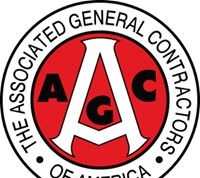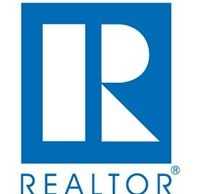WASHINGTON, D.C. – January 22, 2013 – (RealEstateRama) — The Consumer Financial Protection Bureau released important new rules today that protect homeowners facing foreclosure when they interact with the financial institutions, called servicers, that handle their loans. The mortgage servicing rules also introduce new clarity to the mortgage payment process for all homeowners, regardless of whether they are in default.
“The CFPB’s mortgage servicing rules introduce essential standards to what was previously a wild west that encouraged the proliferation of practices that harmed consumers and led to unnecessary foreclosures,” said Dory Rand, president of Woodstock Institute. “Now, homeowners trying to save their homes cannot be foreclosed upon before the servicer has adequately considered alternatives, which means fewer preventable foreclosures and less homeowner confusion and disengagement.”
Problems with mortgage loan servicing became particularly pronounced in the aftermath of the foreclosure crisis. Servicers failed to create and maintain an effective loss mitigation infrastructure to adequately assist the large numbers of homeowners struggling with their mortgage payments. Some took excessively long to consider and evaluate homeowners’ requests for loan modifications or repeatedly lost key documents, sometimes rendering homeowners ineligible for assistance. Servicers’ widespread fraudulent processing of foreclosure documents led to a $25 billion settlement with 49 state Attorneys General.
Woodstock Institute and a variety of Illinois housing counselors, legal aid attorneys, and community groups met with CFPB Director Cordray and his staff to emphasize consumer protection priorities in the servicing rules. The new servicing standards address a number of issues that exacerbated the negative impact of the foreclosure crisis, including:
• Restrictions on dual tracking—Frequently, servicers pursue the foreclosure process while simultaneously considering the homeowner for a loan modification. This poses the risk that the foreclosure could complete before a homeowner is adequately considered for relief and causes significant confusion for the homeowner. The new rules prevent servicers from starting foreclosure if the borrower has submitted a complete application for a loan modification, and if a borrower completes his or her application after foreclosure has already begun, then foreclosure cannot be completed until the loan modification can be properly reviewed. This is a significant improvement over the CFPB’s earlier proposed rules and a win for consumers. However, the stay on completing foreclosure provides less protection to homeowners in states that do not have a judicial foreclosure process (Illinois has a judicial foreclosure process). The rule does not completely prohibit dual-tracking, as many had advocated.
• Proactive communication with homeowners—Servicers must notify homeowners of all available foreclosure alternatives after borrowers are two months delinquent. Borrowers must also have direct, simple, ongoing access to servicers’ loss mitigation staff, which is not the same as requiring a single point of contact. Servicers must notify borrowers with adjustable-rate loans well in advance of their payment adjusting, and all borrowers must receive clear monthly mortgage statements detailing where their money is going (for example, principal, interest, escrow, etc.).
• Error resolution—Servicers must respond promptly to a broad range of errors noted by borrowers. This is an improvement over the earlier proposed rules, which would have required an error resolution process only for limited types of errors.
“These new mortgage servicing rules should prevent many of the abuses that made the fallout of the foreclosure crisis worse than it needed to be,” said Rand. “This depends, however, on effective and vigorous enforcement of these standards. The CFPB needs adequate resources to achieve the significant goal of ensuring that servicers comply with these new rules of the road. The CFPB and the public should also use the consumer complaint system and community contacts as an early warning system for potential violations.”
For more information, please contact Katie Buitrago at 312-368-0310 or .
















